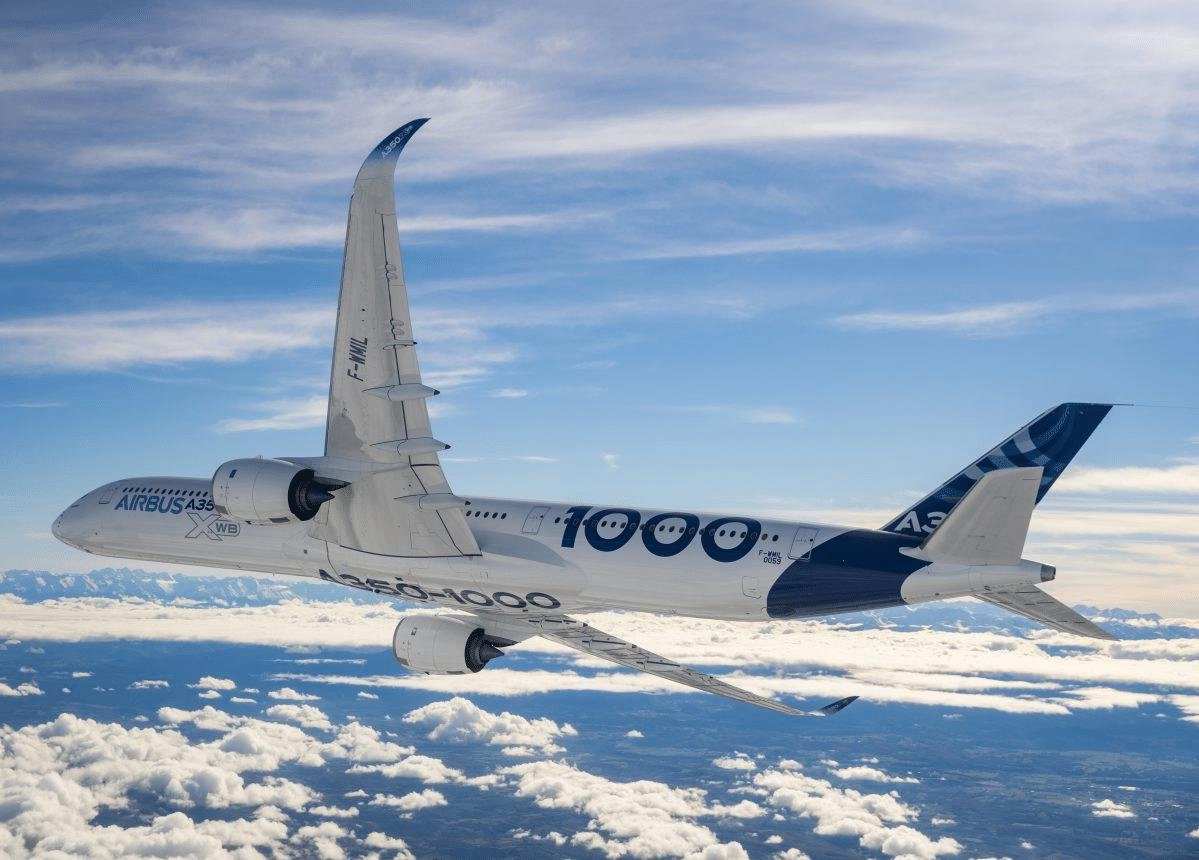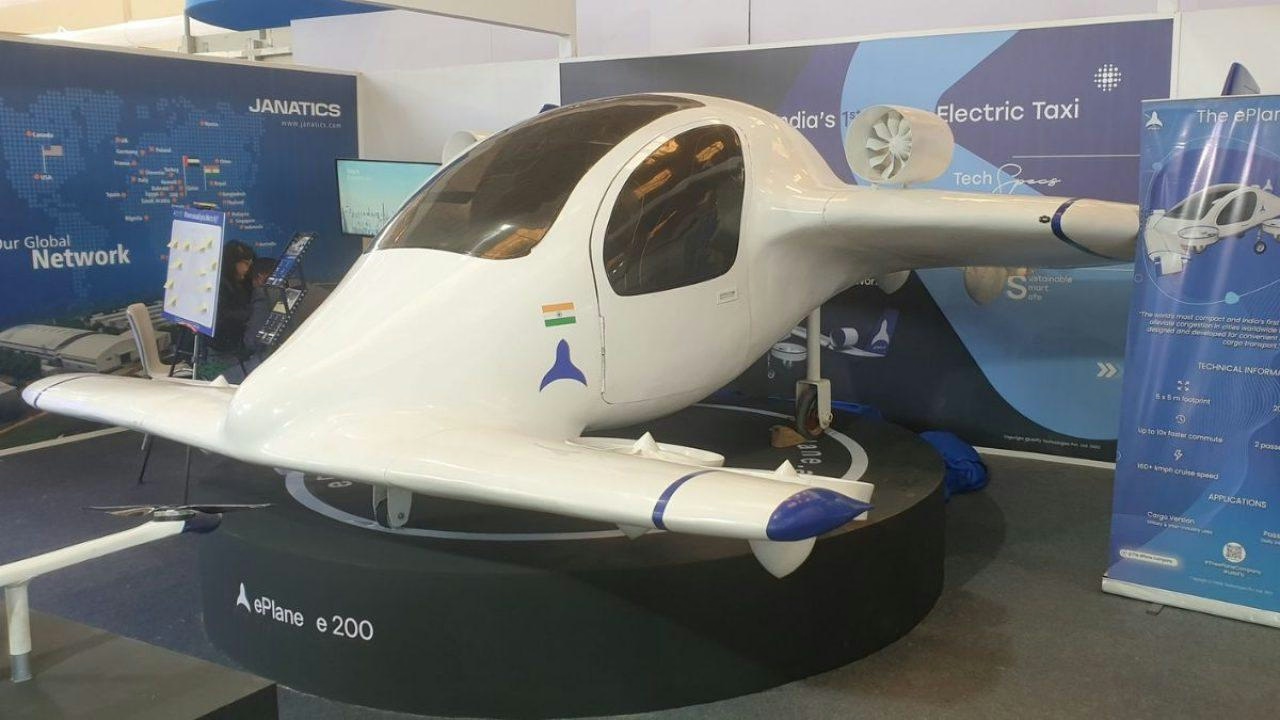AeroGenie — Il tuo copilota intelligente.
Tendenze
Categories
Airbus Projects Aviation Growth Driven by Economic and Demographic Changes

Airbus Projects Aviation Growth Driven by Economic and Demographic Changes
Airbus has released its Global Market Forecast for 2025, projecting sustained long-term growth in the global aviation sector despite significant challenges anticipated in the near term. The company forecasts passenger traffic to increase by an average of 3.6% annually over the next two decades. This expansion is supported by several key macroeconomic and demographic factors, including a projected global GDP growth rate of 2.5% per year, an urban population increase of 1.2 billion people, and a rise in the global middle class by approximately 1.5 billion individuals—demographics that traditionally drive demand for air travel.
Aircraft Demand and Fleet Modernization
To accommodate this growing demand, Airbus estimates that around 43,400 new aircraft will be required by 2044, encompassing both passenger and freighter models. Of these, 34,250 are expected to be single-aisle aircraft, while 9,170 will be wide-body planes. Importantly, nearly 44% of these deliveries—approximately 18,930 aircraft—will serve as replacements for older, less fuel-efficient models, thereby enhancing fleet efficiency and contributing to improved environmental performance.
Despite these optimistic projections, the aviation industry faces notable headwinds. In 2025, funding for sustainable aviation initiatives is expected to be curtailed, and the sector continues to grapple with existing order backlogs. These factors have tempered the overall outlook for aircraft delivery growth. Conversely, demand for business jets has surged by 11%, reflecting evolving market dynamics and shifting customer preferences.
Market Dynamics and Regional Growth
Responses from competitors to these conditions have been varied. Nonetheless, Airbus has revised its 20-year jet demand forecast upward, maintaining confidence in its capacity to serve emerging markets and adapt to changing travel patterns. India leads global domestic traffic growth with an annual increase of 8.9%, followed closely by emerging Asia to China at 8.5%, and the Middle East to emerging Asia at 5.3%. Airbus’s broad aircraft portfolio positions the company well to capitalize on these high-growth routes, with a discernible trend toward larger aircraft as demand intensifies.
The company’s emphasis on fleet commonality across its A320, A330, and A350 families allows airlines to operate mixed fleets more efficiently, providing greater crew flexibility through multi-type ratings. By 2044, the global in-service aircraft fleet is expected to more than double, exceeding 49,000 units. This expansion will generate substantial demand for skilled aviation professionals, including pilots, technicians, and cabin crew, while also creating opportunities throughout the wider aviation ecosystem.
Advancing Services and Sustainability
To support this anticipated growth, Airbus Customer Services is prioritizing advanced solutions such as predictive maintenance, comprehensive supply chain management, and increased utilization of used serviceable material (USM) to reduce operational costs and improve aircraft availability. The company is also advancing efforts in aircraft connectivity and recyclability, both of which are critical to enhancing operational efficiency and meeting the industry’s sustainability objectives.
While challenges remain, Airbus remains optimistic that ongoing economic and demographic shifts will continue to drive robust growth in aviation, even as the sector navigates a rapidly evolving global landscape.

Archer Aviation Partners with NVIDIA to Advance Aviation AI Technology

Chennai Startup to Develop India’s First Electric Air Taxi

Factors Positioning Airbus for Leadership in 2026

Emirates Unveils Cabin Design for New Boeing 777X

Eighteen Years On, the Airbus A380 Remains Central to a $34 Billion Airline

How a boom in luxury airline seats is slowing down jet deliveries

Navitaire Outage Attributed to Planned Maintenance

Airbus Plans Record Delivery of 870 Aircraft in 2026

DigiYatra Debuts Outside Aviation at India AI Impact Summit

Vietnam Orders Strengthen Boeing’s Commercial Outlook
